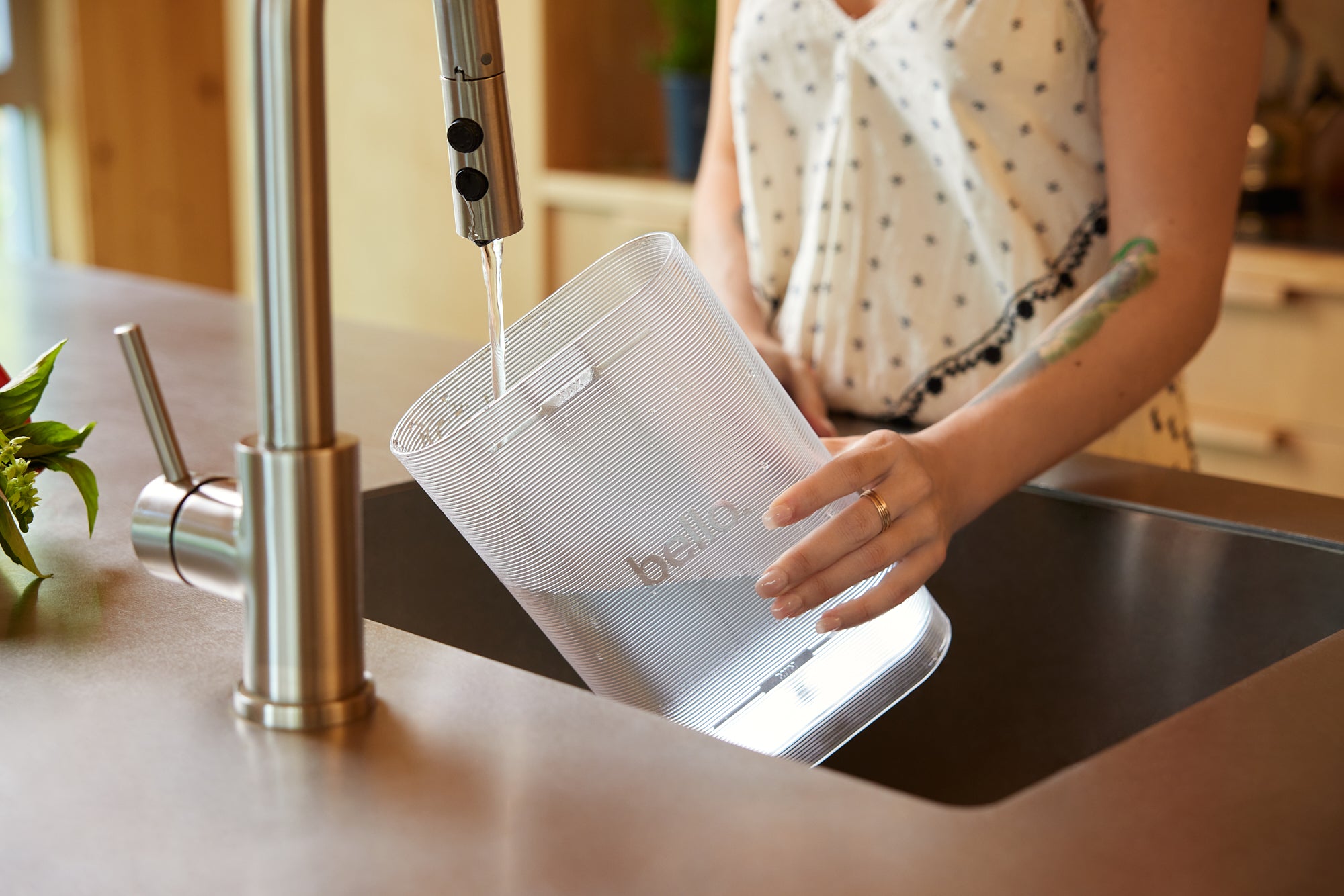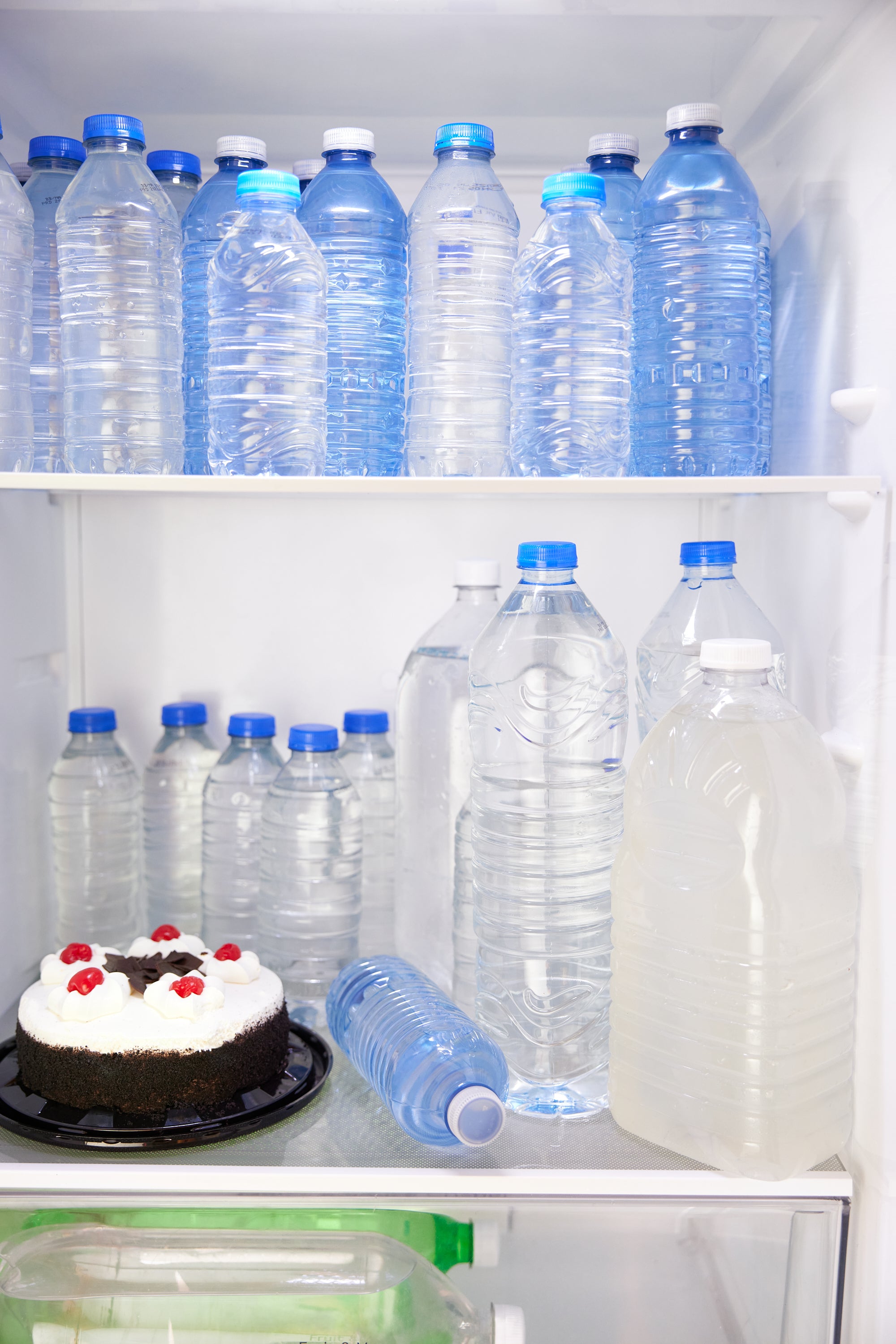Myths and Facts about Water
Demystifying Preconceived Notions
Water is ever-present in our lives, but despite its familiarity, there are a number of myths and false ideas that exist around the subject. In this article, we will demystify a few of these myths et provide you with facts about water.
Myth 1: "You must drink eight glasses of water per day to stay hydrated."
Fact: There isn't a universal rule on the exact quantity of water that each person needs to drink. Water-related needs vary based on a number of different factors, most notably age, weight, level of physical activity and environmental conditions. It is important to listen to your body and to drink water when you feel thirsty, as well as being conscious of signs of dehydration.
Myth 2: "Bottled water is better for you than tap water."
Fact: In a number of cases, tap water is also just as good for you, if not better for you, than bottled water. Public health authorities closely regulate the quality of drinking water and carry out regular tests to guarantee its safety. In addition, bottled water is often contaminated by synthetic chemicals originating from plastic bottles themselves.
Myth 3: "Drinking too much water can be dangerous."
Fact: While dehydration can be dangerous, it in fact is extremely unlikely for you to drink too much water. The body is generally good at regulating its proper water levels, and drinking large amounts of water in a short period of time can simply result in a large amount of urine. However, it is possible to become poisoned by water, known as hyponatremia, if you drink excessive quantities of water without electrolytes. However, this is extremely rare and generally occurs with people who drink large quantities of water in a short period of time, like during a drinking water contest.
Myth 4: "Bottled water is better for the environment than tap water."
Fact: In reality, bottled water has a much larger environmental impact than tap water. The production, transportation and elimination of plastic bottles contributes toward the pollution of air and water, as much as the production of plastic waste. In fact, tap water requires much less packaging and energy to produce, making it a more ecological option.
In conclusion, it is important to distinguish between facts and myths when it comes to water. In understanding individual needs around water and taking clear decisions on the way to consume and use water, we can all contribute toward ensuring our health and the planet's health are well taken care of.




Leave a comment
This site is protected by hCaptcha and the hCaptcha Privacy Policy and Terms of Service apply.